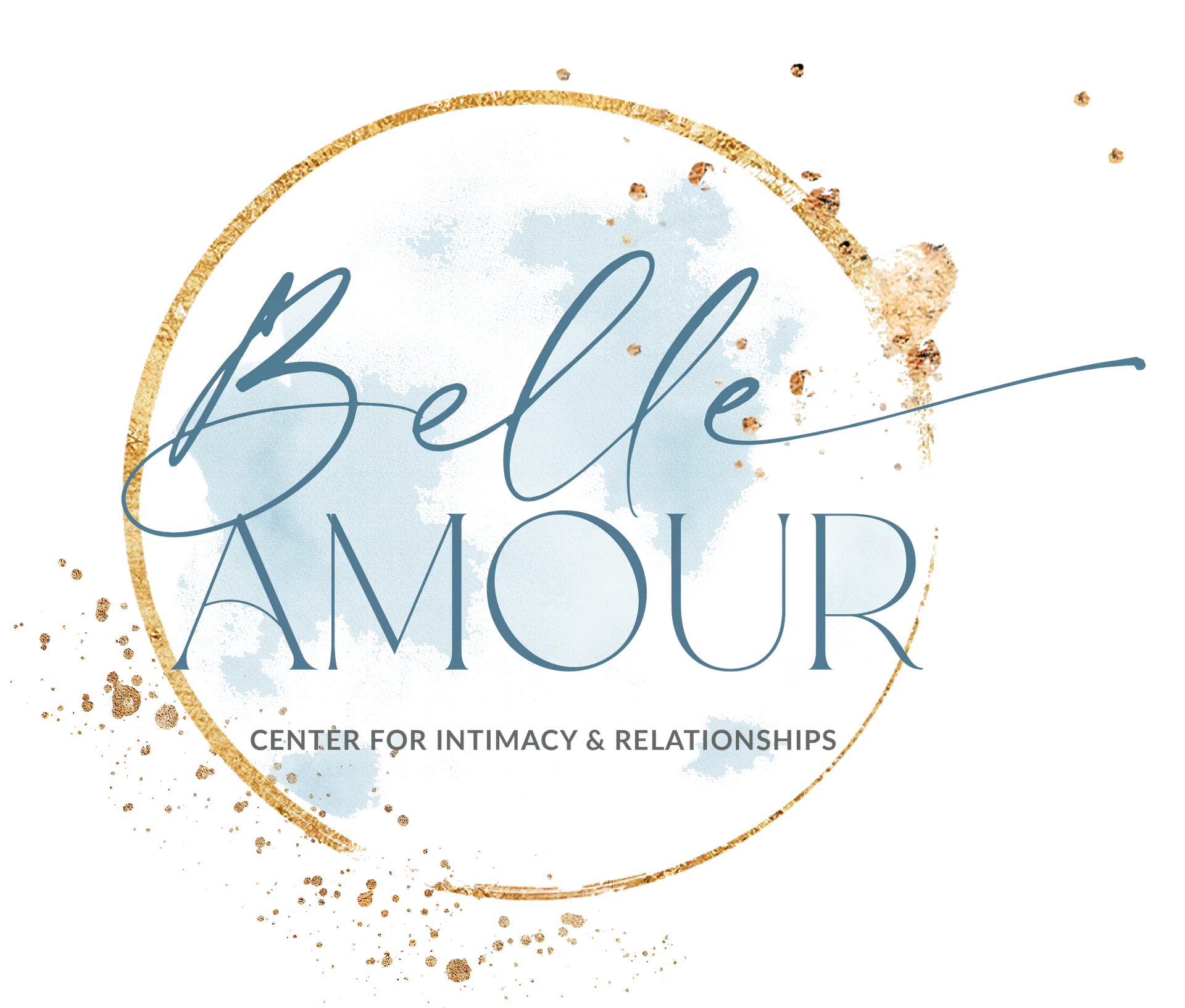Complex Post-Traumatic Stress Disorder (C-PTSD)
When a person experiences a single distinct traumatic event the brain goes into fight, flight, fawn or freeze response and has difficulty coming back into a calm state. In contrast, complex trauma consists of a series of events occurring over a significant period of time that impacts the nervous system causing difficulty in the navigating daily functioning.
The trauma does not allow the parasympathetic nervous system to restore calmness. The brain’s limbic systems stays engaged in survival mode and prepared to meet adversity becoming the “new normal” of functioning by rewiring neurons staying trapped within the brain and the body.
These posttraumatic symptoms include experiencing flashbacks of the trauma, avoidance of circumstances that remind you of the events, distressing dreams and nightmares, dissociative reactions and significant changes in cognition and mood associated with trauma.
These traumatic events cause lasting trauma, which can prevents a person in daily activities with distress, intrusive thoughts, fear, confusion, or posttraumatic stress far after the event has passed.
Causes of Complex Trauma
- Abduction
- Childhood Sexual Abuse (CSA)
- Emotional, Physical Abuse
- Abandonment & Neglect
- Medical Trauma
- Human Trafficking
- Parentification
- Civil Unrest/Warzone
Avoidance Symptoms
- Avoiding specific locations, sights, situations, and sounds that serve as reminders of the event
- Significant effort to avoid emotions, thoughts, and emotions connected to traumatic event
- Anxiety, depression, numbness, or guilt
Reactivity Symptoms
- Intrusive thoughts, nightmares, or flashbacks
- Irritable behavior and unprovoked anger outbursts
- Hypervigilant about your surroundings
- Exaggerated startle response
- Aggressive, reckless behavior, including self-harm
- Insomnia and changes in sleep patterns
- Difficulty concentrating and focusing on tasks
Changes in Mood and Cognition Symptoms
- Dissociative Amnesia
- Cognitive Distortions
- Intense negative emotions of fear and anxiety
- Loss of interest in participating in activities
- Decreased socialization
- Unable to enjoy the pleasures of life
- Difficulty remembering details of the event
- Unable to experience positive emotions
- Change in habits or behavior since the trauma
Treatment Options
Evidence-based psychotherapy is the most effective form of complex trauma and PTSD treatment. These include Cognitive Behavioral Therapy (CBT), Trauma-Focused Cognitive Behavioral Therapy (TF-CBT) and EMDR Eye Movement Desensitization and Reprocessing can provide relief from these symptoms, help you heal and recover from complex trauma.
You are not alone. I can help you heal and feel better along your journey.

